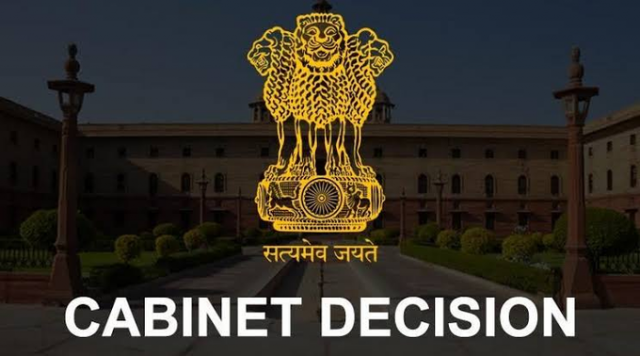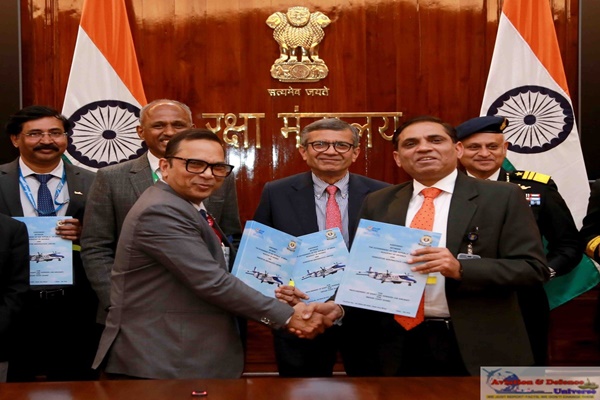
Last Updated on October 28, 2025 9:20 pm by BIZNAMA NEWS
R. Suryamurthy
The Union Cabinet on Tuesday approved the Terms of Reference (ToR) for the 8th Central Pay Commission (CPC), marking a key step towards revising pay and pension structures for government employees across the country. The move is expected to benefit over 49 lakh central government employees and 65 lakh pensioners, including personnel from the defence services.
The Cabinet meeting, chaired by Prime Minister Narendra Modi, cleared the ToR that defines the scope, objectives, and methodology of the commission’s work. As per the decision, the 8th CPC will comprise a Chairperson, one Part-Time Member, and a Member-Secretary. The commission will have 18 months from its constitution to submit a comprehensive report, though it may issue interim recommendations on pressing matters beforehand.
Officials indicate that the upcoming pay revision could translate into a 30–34% increase in salaries and pensions, significantly boosting disposable incomes and consumption demand. Economists, however, caution that such hikes could add pressure on the fiscal deficit if not balanced with revenue growth. The 8th CPC’s recommendations are likely to come into effect around January 2026, replacing the 7th Pay Commission structure introduced in 2016.
Economic Context and Fiscal Impact
The panel will recommend pay and pension structures based on economic conditions, fiscal prudence, and the need to balance government expenditure with developmental priorities. It has also been tasked with examining the effect of pay revisions on state finances, as most states tend to follow central recommendations with modifications.
The ToR requires the commission to assess unfunded liabilities of non-contributory pension schemes and benchmark central government pay with the Central Public Sector Undertakings (CPSUs) and private sector.
The last pay revision, based on the 7th CPC and implemented in 2016, had led to an average 14% rise in salaries. Pay commissions are typically constituted every ten years, and the next revision will take effect from January 1, 2026.
Projected Salary and Pension Hike
Officials said the 8th CPC is expected to recommend a new fitment factor — the multiplier applied to basic pay — ranging between 1.83 and 2.86, up from 2.57 under the previous commission. This could translate into an average salary increase of 30–34%.
The minimum basic pay may rise from ₹18,000 to around ₹41,000, while senior officials in Pay Level 18 could see their basic pay increase from ₹2.5 lakh to approximately ₹6.25 lakh per month.
The potential fiscal cost is estimated at ₹1.75–2 lakh crore annually. Although the 2025–26 Budget made no specific allocation for the 8th CPC, officials said funds would be provided once the report is finalized.
Allowances and Pension Revisions
The new commission is expected to review allowances and pension benefits comprehensively. Upon implementation, the Dearness Allowance (DA) — now at 58% — will merge with the basic pay, resetting DA to zero. The House Rent Allowance (HRA) in metro cities may rise from 27% to 54%, while travel and medical benefits are also likely to be revised.
For pensioners, the Fixed Medical Allowance (FMA) may be raised from ₹1,000 to ₹3,000 per month. The commission is also expected to study ways to harmonize the Old Pension Scheme (OPS) and the New Pension System (NPS) for better post-retirement security.
Economic and Political Implications
Economists said the salary revision could stimulate consumption and boost demand in housing, retail, and consumer goods but may also put pressure on fiscal consolidation and inflation.
“The 8th Pay Commission will lift household demand, but fiscal management will be key,” said a senior economist at a Delhi-based think tank.
Employee unions have welcomed the Cabinet’s move and urged the government to constitute the commission swiftly to avoid delays. Once formed, the 8th CPC will undertake one of the government’s most significant fiscal exercises ahead of its implementation deadline of January 2026.








